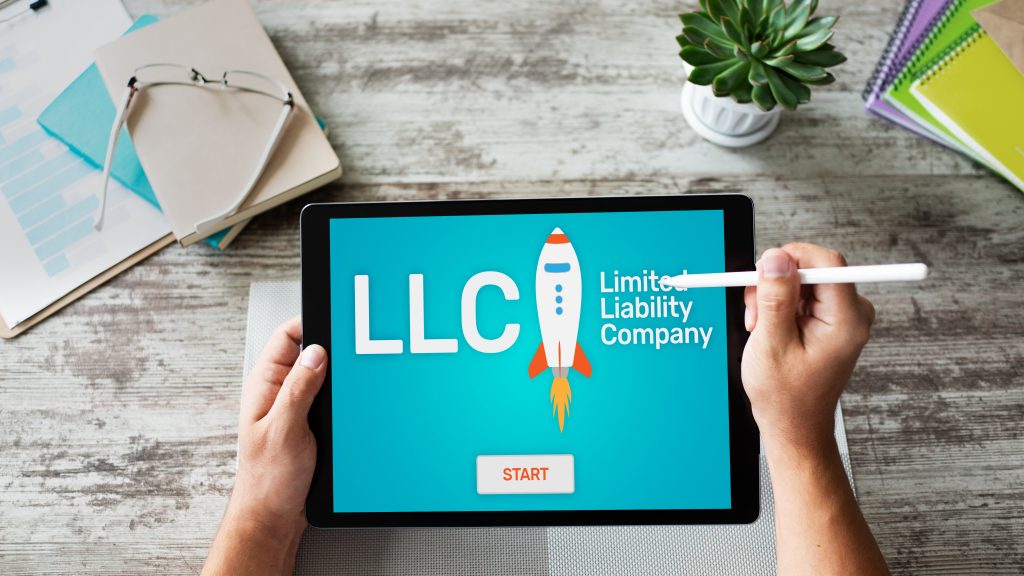Blog
Choosing the Type of Entity to Form Your Business

Choosing the Type of Entity to Form Your Business
Sole Proprietor – Partnership – Inc. – LLC – It can be confusing!
Starting a business involves making a number of tough decisions. What to name your company, where to operate, who to hire, what paperwork to file, and how to score investors, are just a few. The one that is likely most important and not on this list, is determining the best legal structure for your organization. Many business owners leave this decision until the last possible moment. Then they feel rushed and unsure when choosing their type of business entity.
There are quite a few options out there. Do you select an S-corporation, a C-corp? Do you just take the easy way out and stay a sole proprietor? What about a partnership? To help make the process a little easier, here are the nuts and bolts for each type of entity:
Sole proprietorship
This is the simplest and most common form of business organization, however it yields little to no liability protection. The founder is required to apply for the licenses that will allow him/her to conduct business in the jurisdiction(s) in which they plan to operate. Sole proprietors use their own social security numbers – they do not need to apply for a federal taxpayer identification number (EIN). Tax reporting is done through a Schedule C and is linked to the founder’s annual tax return. While quick and easy (and gives the owner complete managerial authority) it also means that the sole proprietor is 100 percent liable for any of the company’s debts and obligations. It is rare for an accountant or attorney to recommend a business owner to start their business as a sole proprietorship.
Partnership
There are two kinds of partnerships. The first, called a General Partnership, is an easy to form structure but provides no liability protection for partners. However, the second, Limited Partnership, protects LP’s from debt liability. Limited Partnership can complicate taxes, however, and can be a bit difficult to operate. Limited Partnerships are required to have a general partner who WILL be personally liable for all debts, meaning that while there IS liability protection for some, there is one person who will not receive this perk.
Corporations
Now for the good news! Corporations can protect founders against liabilities. There are two types of corporations, and the difference lies primarily in the form of taxation. S-corporations do not pay federal corporate income tax. Instead, they report profits and losses on shareholder tax returns. S-corps have limitations. They can only have up to 99 shareholders, cannot be company-owned, cannot have ownership outside of the U.S., and can only have one class of stock. C-corporations are slightly more flexible because they can have unlimited shareholders and a number of stock classes. However, there may be cases of double taxation, first on corporate profit, and then on shareholder dividends.
Limited Liability Company
A limited liability company, or LLC, is a hybrid structure that protects founder and partner assets while avoiding double taxation. LLCs are taxed as a partnership, allowing for more flexibility than a corporation. For those businesses that do not intend to seek venture capital, an LLC may be a good choice.
These are just a few of the many structures available to a business owner, and each has pros and cons. An accountant or attorney is also your best resource for advice and to make recommendations for your business. Contact CorpCo for a referral or with any questions about the incorporation process itself. We are here to help!
